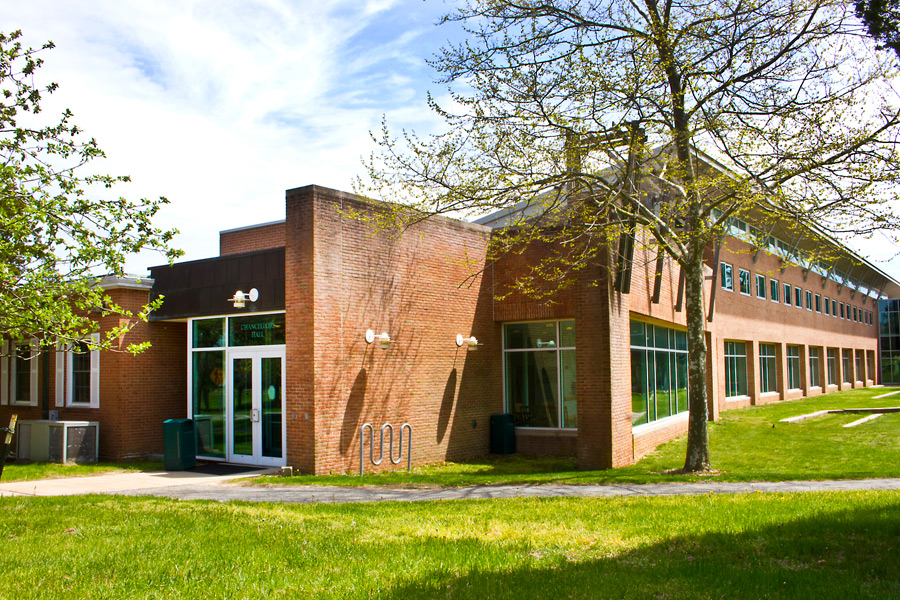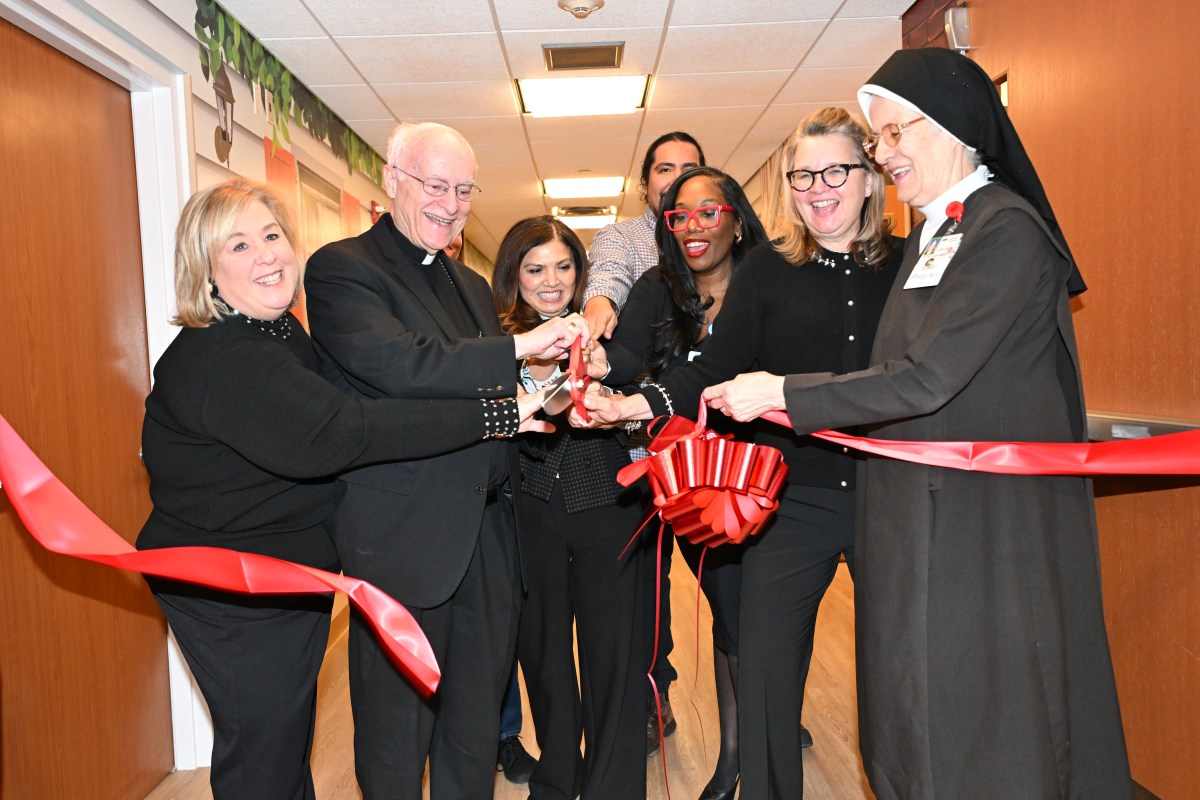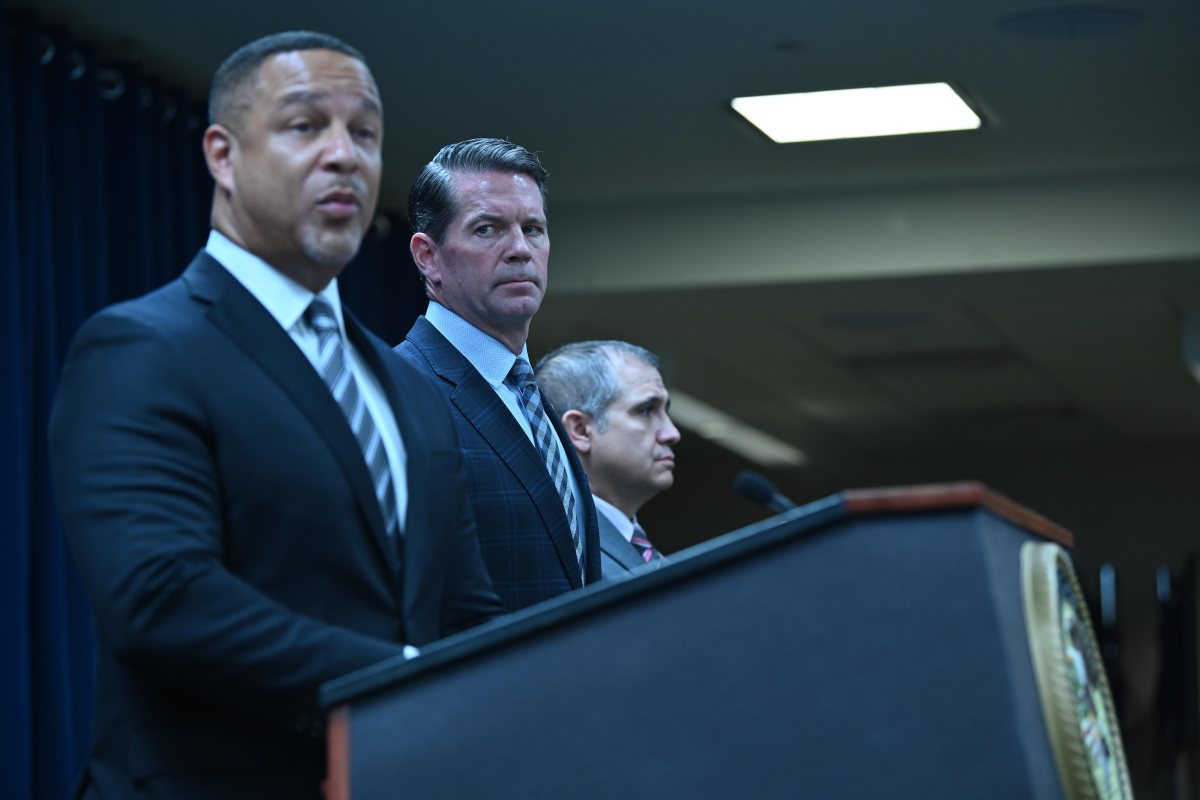Stony Brook Southampton Develops Emerging Artists

After an extended period of intense upheaval for the little campus located just off Montauk Highway, the future looks sunny for Stony Brook Southampton.
As has been well-documented in previous years, the campus (formerly Long Island University’s Southampton branch, before its purchase by Stony Brook University in 2006) struggled through the displacement of the majority of its undergraduate components and the loss of various programs and services, but appears to have come out swinging. Besides the burgeoning creative writing and literature; and theater and film programs, which held out through the administrative turbulence alongside the marine and atmospheric sciences program, the university has introduced a doctorate of physical therapy program and—in anticipation of an upcoming affiliation agreement between Stony Brook and Southampton Hospital—some transplanted health science programs.
Perhaps the campus’s largest claim to fame is the Southampton Writer’s Conference, now in its 39th consecutive year. This intensive mid-July event features workshops conducted by acclaimed writers and poets, including Roger Rosenblatt, Billy Collins, Terrance Hayes, Julia Glass, Meg Wolitzer, Matthew Klam, Patricia Marx, Libba Bray and many others. Christian McLean, coordinator of the conference, explained that efforts are made to cater to local residents.
“We have the Listener’s Pass, which is designed for locals,” says McLean. “This gives them access to all the bells and whistles of the conference except the actual workshops, which allows them to go to electives, readings, mini-workshops, receptions and lectures. It’s a great opportunity for anyone who loves books, but doesn’t actually write—or for anyone looking to take their first step into writing.” Free applications for the Listener’s Pass are still being accepted.
Aside from the “headliner” workshops, the conference also offers “Finding Your Voice” workshops, which are opportunities for those who are just starting on their journey into the workshop experience. These courses are taught by graduate students in the Southampton Arts MFA program.
“The Southampton International Theatre Festival is new this year too,” adds McLean. “It offers participants the opportunity to have their work (either a fully realized piece or a play in progress) read twice—first in a closed reading with one of our faculty giving feedback, then, after a few days of rewrites and edits, it’s read again. This second time, the reading is open to their fellow writers in the program, as well as the participants of the Southampton Writers Conference, Southampton Children’s Literature Conference and those who have signed up for the Listener’s Pass. There are also a series of plays by faculty and noted playwrights that will be read throughout the conference.” Additionally, the 20/20/20 film program has returned for its second year running, offering filmmakers the opportunity to direct, shoot, edit and realize their films in 20 days, alongside the Children’s Lit Conference, which is an offshoot of the Writer’s Conference focused specifically on writing for children and young adults.
The conference’s coordinators have also finalized an event in conjunction with The Moth Mainstage, which will be recorded on July 18 as part of the summer launch of the university’s literary journal, TSR: The Southampton Review. This event, titled “Fish Out of Water,” will feature five stories (several of which are authored and will be read by SBU Southampton faculty members) and is open to the public. The reading will air on 91.3 WRLI-FM (among other, more remote stations) at an undetermined future date. Conference faculty also plan to hold various other readings and performances during this time.
Not least because of the perennial success of the Southampton Writers Conference, the Southampton Arts program continues to grow, along with the increasing quantity of scientific disciplines on campus. Stony Brook Southampton, it’s safe to say, is here to stay.




